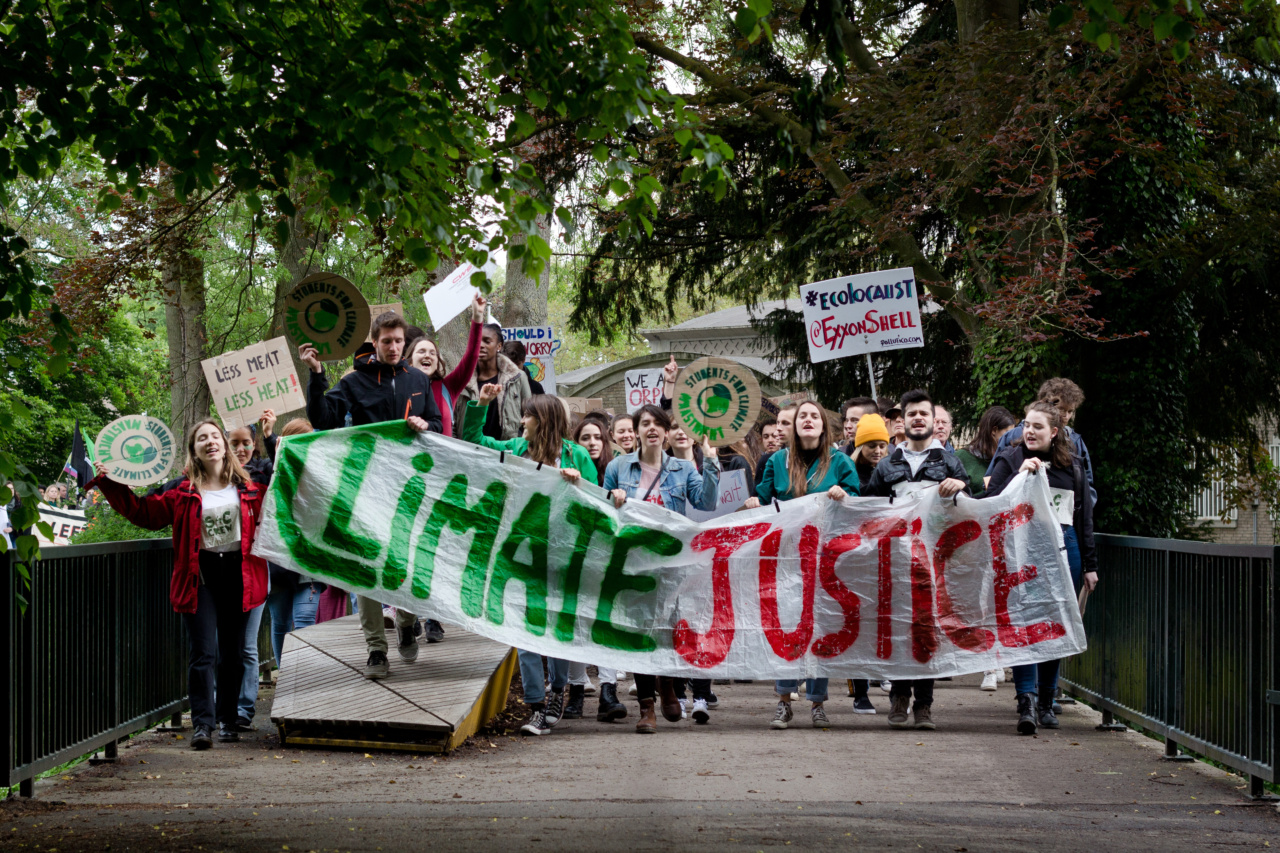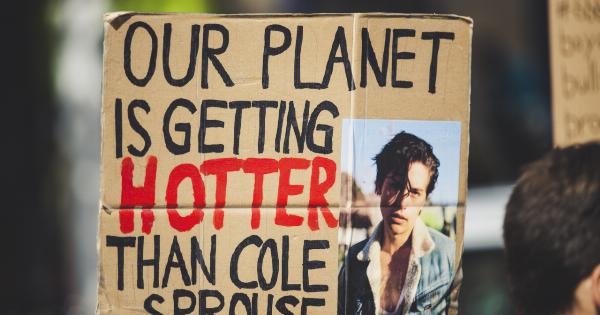The world is facing an unprecedented environmental crisis, and yet many people continue to deny or ignore the reality of the situation. Whether it’s climate change, deforestation, pollution, or species extinction, the signs are all around us.
However, the failure to acknowledge and address these issues head-on has serious consequences for the planet and future generations.
The power of denial
Denial is a powerful defense mechanism that allows individuals to avoid facing uncomfortable truths. When it comes to the environment, denial takes many forms.
Some people simply refuse to accept the scientific consensus on issues like climate change, dismissing it as a hoax or conspiracy. Others may acknowledge the problems but downplay their severity or believe that technological advancements will save us.
The impact of denial
The consequences of denying environmental issues are far-reaching and devastating. By refusing to take action, we perpetuate destructive practices that harm ecosystems, jeopardize biodiversity, and threaten human health.
Denial also hampers collective efforts to address these challenges, as it undermines public support for policies and initiatives aimed at combating climate change and other environmental problems.
The role of misinformation
One of the main factors contributing to denial in the environmental arena is the spread of misinformation. In the age of social media, false or misleading information can quickly gain traction and shape public opinion.
Climate change denial, for example, has been fueled by a well-funded campaign that spreads doubt and sows confusion among the public.
The psychology behind denial
Denial in the environment is not solely a matter of misinformation or ignorance. It is deeply rooted in human psychology and our tendency to avoid unpleasant truths.
Accepting the reality of environmental problems requires us to confront our own role in causing them and to make difficult changes in our lifestyles and consumption habits. This can be uncomfortable and challenging, leading many to bury their heads in the sand instead.
The importance of education and awareness
If we are to overcome denial and effectively address environmental issues, education and awareness are crucial.
It is essential to provide accurate and accessible information about the state of the environment, the impacts of human activities, and the urgency for action. By increasing awareness and understanding, we can create a more informed and engaged society that recognizes the need for sustainable practices and policies.
Breaking the cycle of denial
Breaking the cycle of denial requires a multifaceted approach. Governments, scientists, educators, and policymakers must collaborate to develop evidence-based strategies and policies that prioritize environmental protection.
Furthermore, it is crucial to foster a culture of accountability, where individuals and organizations take responsibility for their actions and work towards sustainable solutions.
The power of collective action
Individual actions alone are not enough to address the scale of the environmental crisis. We need collective action and collaboration on a global scale.
Grassroots movements, protests, and advocacy play a vital role in pressuring governments and corporations to adopt greener practices and policies. By joining forces, we can amplify our voices and create positive change.
The economic argument for environmental conservation
Addressing environmental issues is not just a moral imperative; it also makes economic sense. The cost of inaction far outweighs the cost of prevention and mitigation.
Failing to invest in sustainable infrastructure, clean energy, and conservation efforts will result in greater economic losses in the long run. By prioritizing the environment, we can create new job opportunities, stimulate innovation, and foster a resilient economy.
Looking towards a sustainable future
While the battle with denial in the environment continues, there is also hope. More and more people are awakening to the urgency of the situation and demanding change.
Governments and corporations are slowly starting to adopt greener practices and policies in response to public pressure. By working together, we can overcome denial, protect our planet, and ensure a sustainable future for generations to come.





























